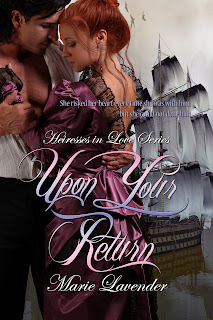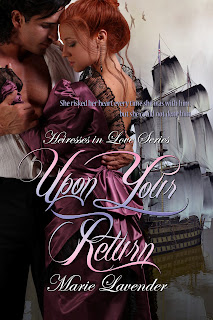The Power of Writing
I was asked a few interview questions by the local newspaper this past week in my capacity as an English teacher. One of the questions kind of stuck with me. It centered on the idea of when people study of culture they generally look to the social sciences. Did I believe that was an accurate measure or was literature a clearer look?
Well, I got to hop up onto my soapbox for a while. It's an interesting question, isn't it? The literature snob in me, of course has an opinion. A strong one, which I'm sure surprises no one who actually knows me well. We need to remember that history is written by the victors. Generally written by the victors after some judicious pruning. Think about the treatment of World War II in American history books. It's the Greatest Generation--the generation that buckled down, planted victory gardens and won the war over in Europe when France and Britain couldn't go it alone. Those entries completely downplay the fact that the US shrugged it's shoulders over the first shots into Poland in 1939, and only got involved after we were attacked at Pearl Harbor in December of 1941. It also makes very little mention of the detainment camps in Utah and Arizona in which we incarcerated our own citizens on the fear that they might be collaborating with the enemy. Or what about the chapters or westward expansion? How much print is spent on the plight of Native Americans who were displaced by the intrepid explorers?
Therefore, I think, in order to get a true look at any culture we need to look at the literature of the time. What did they find important enough to write about? What did they find entertaining or shocking or frightening? I believe the fiction of the day, if it existed, really tells about what was important to a people. Reading the newspapers of the time--the yellow journalism is outrageous during certain eras and no better than fiction in a lot of cases--but it lets us know what the media felt the public needed to know. The writings in diaries and letters give us intimate glimpses in the daily lives of people that a history text can never have.
So, what do you think? Do you agree? Is literature a true window into the heart of a culture? Kind of an intimidating thought for those of us who are writers. What about our work speaks to the heart of the current time period? What will people think two hundred years from now when they read our work? Makes you want to be really careful about what you put into print!
Well, I got to hop up onto my soapbox for a while. It's an interesting question, isn't it? The literature snob in me, of course has an opinion. A strong one, which I'm sure surprises no one who actually knows me well. We need to remember that history is written by the victors. Generally written by the victors after some judicious pruning. Think about the treatment of World War II in American history books. It's the Greatest Generation--the generation that buckled down, planted victory gardens and won the war over in Europe when France and Britain couldn't go it alone. Those entries completely downplay the fact that the US shrugged it's shoulders over the first shots into Poland in 1939, and only got involved after we were attacked at Pearl Harbor in December of 1941. It also makes very little mention of the detainment camps in Utah and Arizona in which we incarcerated our own citizens on the fear that they might be collaborating with the enemy. Or what about the chapters or westward expansion? How much print is spent on the plight of Native Americans who were displaced by the intrepid explorers?
Therefore, I think, in order to get a true look at any culture we need to look at the literature of the time. What did they find important enough to write about? What did they find entertaining or shocking or frightening? I believe the fiction of the day, if it existed, really tells about what was important to a people. Reading the newspapers of the time--the yellow journalism is outrageous during certain eras and no better than fiction in a lot of cases--but it lets us know what the media felt the public needed to know. The writings in diaries and letters give us intimate glimpses in the daily lives of people that a history text can never have.
So, what do you think? Do you agree? Is literature a true window into the heart of a culture? Kind of an intimidating thought for those of us who are writers. What about our work speaks to the heart of the current time period? What will people think two hundred years from now when they read our work? Makes you want to be really careful about what you put into print!


Having worked with old newspapers from an early stop in my career as a guv'ment employee, I can tell you with a good degree of certainty that while yellow journalism did exist back then, most of the stories written were very truthful and they gave a very detailed look at the mores and happenings in given time frame.
ReplyDeleteFather Nature's Corner